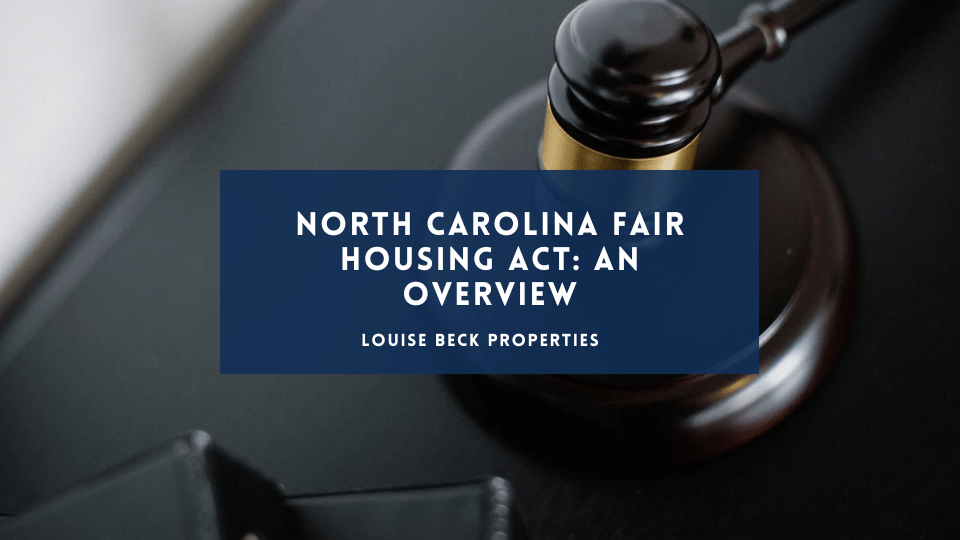
Key Takeaways
- Protected Classes: Prohibits housing discrimination based on race, color, religion, sex, national origin, disability, or familial status.
- What’s Prohibited: Landlords cannot refuse to rent, offer unequal terms, or misrepresent availability based on protected characteristics.
- Applies Broadly: Most housing situations are covered, with only a few limited exceptions.
- Consequences: Violations can lead to legal action, fines, and mandatory policy changes.
- Landlord Tip: Ensure all rental policies and communications are fair, consistent, and compliant with the law.
In 2023, the U.S. The Department of Housing and Urban Development (HUD) received over 8,000 complaints related to housing discrimination.
A large portion of these complaints came from tenants who believed they were treated unfairly based on their race, disability, or family status. These numbers show that fair housing concerns are still a significant issue across the country, including in North Carolina.
The Fair Housing Act is a federal law that protects people from discrimination when they are renting, buying, or securing financing for housing. In North Carolina, the Fair Housing Act is enforced alongside the state’s own landlord-tenant laws.
In this guide, Louise Beck Properties will help you understand the Fair Housing Act, avoid costly lawsuits and penalties, and to maintain professional, respectful relationships with tenants.
Overview of the Fair Housing Act
The Fair Housing Act was created to make sure everyone has equal access to housing. It prohibits discrimination in any part of a housing transaction. This includes landlords, sellers, real estate agents, lenders, appraisers, insurance companies, and others who are involved in leasing or selling homes.
The law was signed in 1968 after years of civil rights advocacy. The goal was to stop people from being denied housing opportunities based on things they cannot control. The Act is still enforced today and applies to nearly all residential rental properties in North Carolina.

Who is Protected Under the Fair Housing Act?
The seven protected classes under the federal Fair Housing Act include:
- Race
- Color
- National origin
- Religion
- Sex
- Disability
- Familial status
North Carolina law protects these same classes. Landlords must make sure their rental practices do not treat people unfairly or discriminate based on any of these factors. Below are common examples that can lead to violations.
Examples of Discriminatory Practices
Race and Color
You may not refuse to rent to someone because of their race or skin color. For example, telling a Black applicant that a unit is no longer available when it is still vacant is considered discriminatory. Similarly, showing certain units only to white applicants can be a violation.
National Origin
Discrimination based on national origin includes treating someone differently because of where they or their family come from. Avoid asking about a tenant’s background or immigration status unless it is part of a standard screening process applied to all applicants equally.
Religion
All tenants have the right to practice their religion. Rejecting someone because they wear religious clothing or because of their faith is illegal. Also, it is not allowed to favor tenants of a certain religion over others.
Sex
You may not give preference to male or female tenants unless you are renting shared housing, such as a roommate situation. You also cannot deny housing to someone based on their gender identity.

Disability
Tenants who are differently-abled are entitled to reasonable accommodations and modifications. This includes allowing service animals even if the property has a no-pet policy. Landlords must also allow physical changes to units if they are necessary for a tenant’s use, as long as the tenant pays for them and restores the unit if required.
Familial Status
It is illegal to deny housing to someone because they have children. You also cannot charge higher security deposits or rent to families with children. Even advertising phrases like “ideal for singles” or “no kids” could be considered discriminatory.
Exemptions from the Fair Housing Act
There are some cases where the Fair Housing Act does not apply:
- Rental of single-family homes by an owner who owns three or fewer properties and does not use a broker
- Owner-occupied buildings with four units or less
- Religious organizations or private clubs that limit housing to members
However, even in these situations, landlords are still encouraged to follow fair practices and avoid biased behavior.
Best Practices for Landlords
Be Consistent
Apply the same rules, screening processes, and lease terms to all applicants and tenants. Have a clear tenant selection policy that includes credit checks, income verification, and references. Make sure this process is the same for every applicant.
Be Careful with Language
All rental ads and listings should use neutral and inclusive language. Avoid phrases that suggest a preference for or against any protected group. Stick to facts about the property and its features.

Document Everything
Keep records of applications, screening decisions, maintenance requests, and tenant complaints. If a decision is challenged, this documentation can show that you acted fairly and followed your policies.
Handle Requests for Accommodation Properly
If a tenant requests a change due to a disability, respond in writing and assess whether the request is reasonable. You are not required to approve all requests, but you must consider them in good faith.
Avoid Retaliation
If a tenant files a fair housing complaint or exercises their rights, do not take any negative action against them. This includes raising rent, reducing services, or trying to evict them for unrelated reasons.
Bottom Line
The Fair Housing Act protects the rights of renters in North Carolina and ensures everyone has a fair chance at securing housing.
For landlords like you, this means following consistent policies, treating every applicant equally, and making reasonable accommodations when required. Violating these rules can result in serious legal and financial consequences.
Louise Beck Properties has years of experience helping landlords in North Carolina stay compliant with fair housing laws.
We offer support with screening procedures, documentation, and tenant communication to protect your rental business. If you want peace of mind and expert guidance, our property management services can help you stay on the right side of the law.
Contact Louise Beck Properties today to learn how we can help you manage your rentals legally and professionally.





